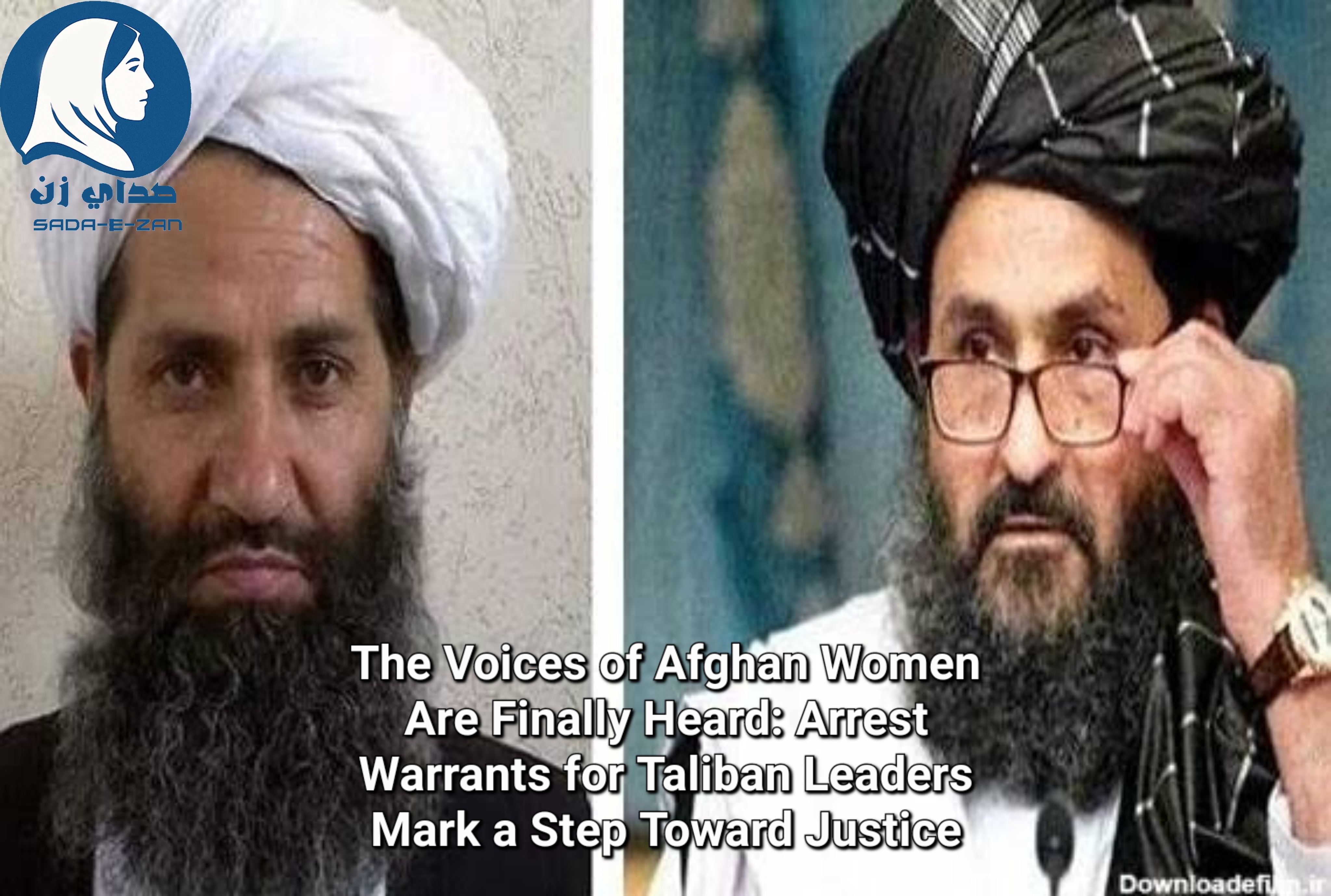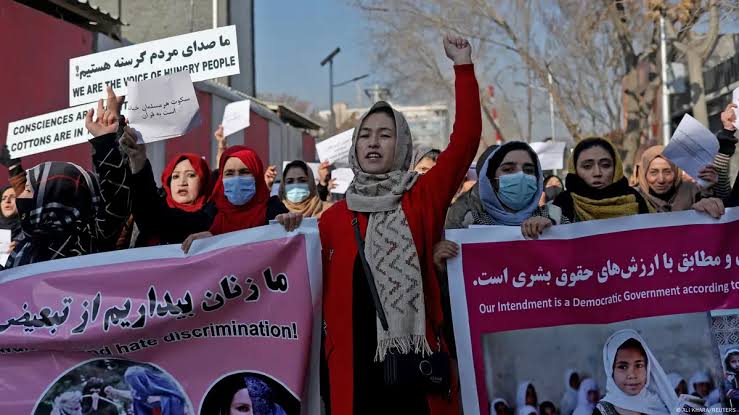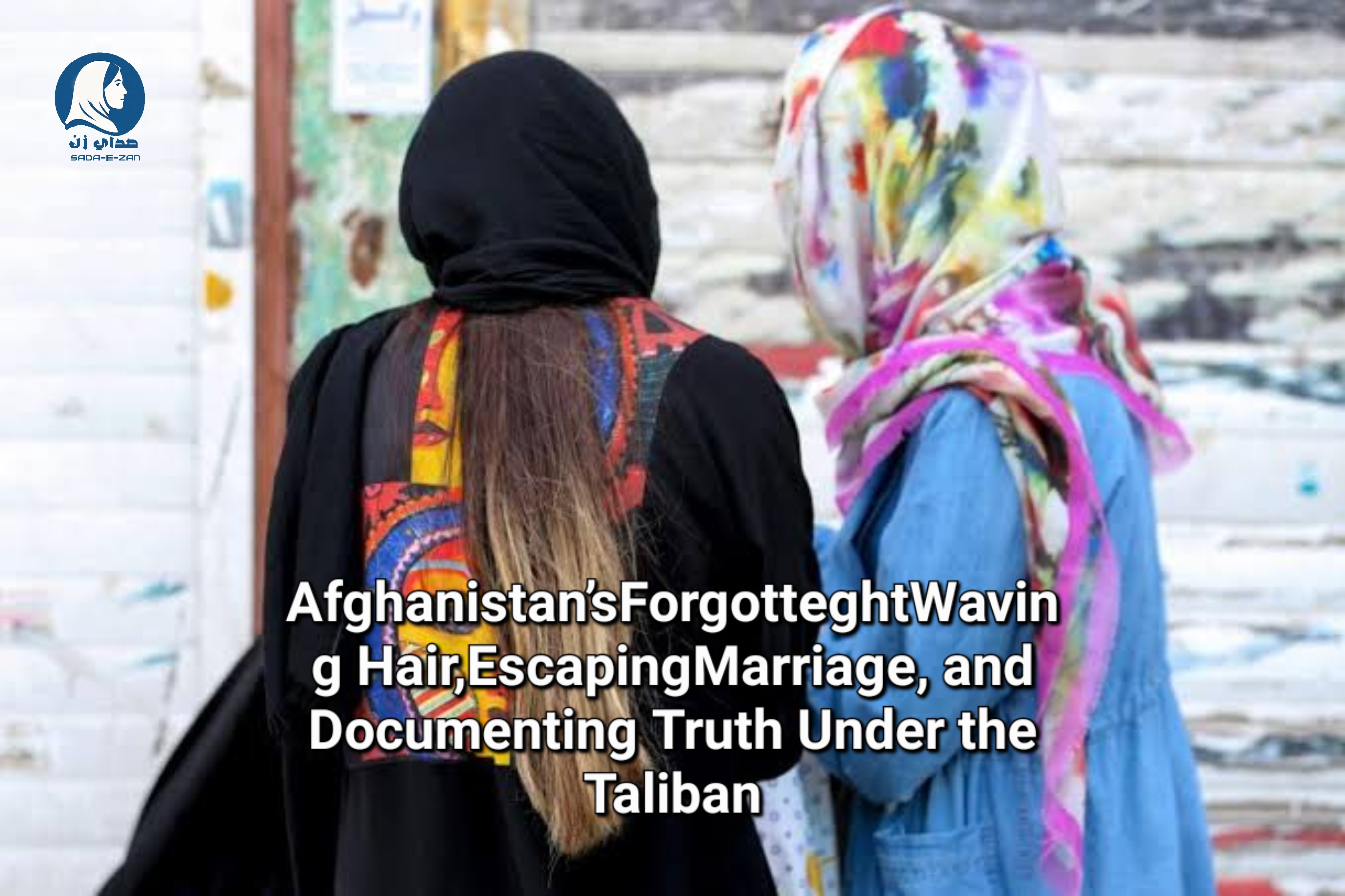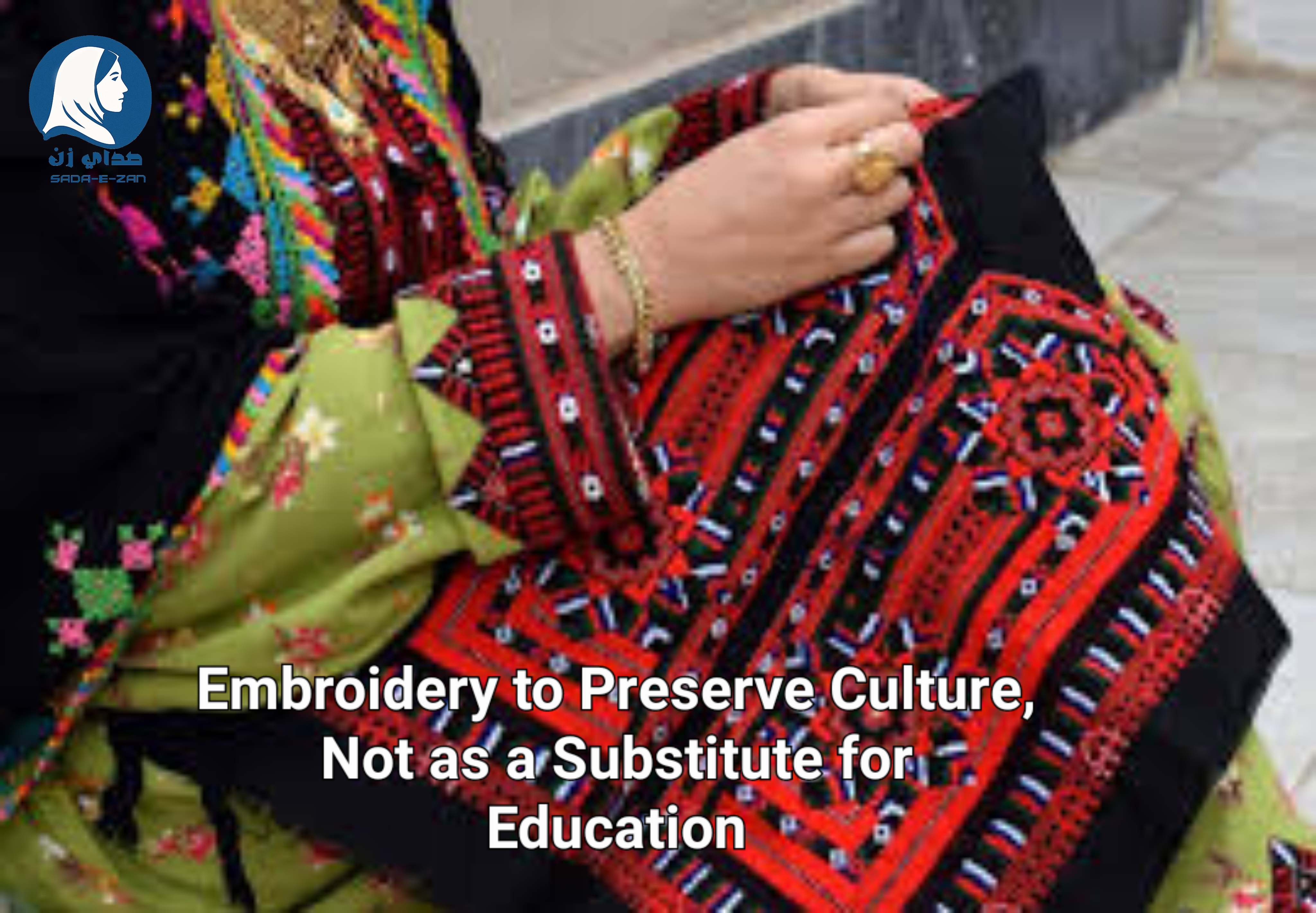
Share:
The ICC stated that both Akhundzada and Haqqani “issued orders, incited or encouraged the systematic oppression of women and girls” based on their gender. These actions, according to Article 7 of the Rome Statute, qualify as crimes against humanity under the category of gender persecution.
“Our pain has finally been heard.”
Mina, a women’s rights activist now living in hiding in Herat, sent a voice note to Rahil News: “My sister was arrested by the Taliban for writing poetry. Later, they told us she committed suicide. But we know the truth.” She continued, “Today, it feels like her voice—and ours—is finally being heard.”
Global reaction: A key step toward justice
Richard Bennett, the UN Special Rapporteur on Human Rights in Afghanistan, welcomed the ICC’s decision as “a major step toward justice, especially for women and girls.” He emphasized that this sends a clear message to the world not to normalize regimes that deny the basic rights and dignity of half their population.
Human Rights Watch also praised the decision, calling it a crucial move toward ending the culture of impunity in Afghanistan. HRW director Lise Olsson said the two Taliban leaders are being pursued for their “repressive acts,” and urged the international community to support the ICC’s efforts and ensure coordinated actions to enforce the warrants

Referring to the case of former Philippine President Rodrigo Duterte, who was also pursued by the ICC for extrajudicial killings, Olsson added, “When justice is strengthened, victims may one day have their voices heard in court.”
She emphasized that the ICC must continue to investigate human rights violations committed by the Taliban, ISIS-K, former Afghan security forces, and U.S. military personnel. “Ending the cycle of violence and impunity in Afghanistan requires equal access to justice for all victims,” she said.
Taliban rejection: “We don’t recognize the ICC”
In response, Taliban spokesperson Zabihullah Mujahid issued a statement rejecting the court’s authority, calling the decision “nonsense” and claiming that Taliban rule has brought “unprecedented justice” based on Sharia. He went so far as to describe the ICC's move as an “insult to Islam” and a “hostile act against Islamic law.”
Recognition of crimes: “A legal turning point”
Former Afghan Foreign Minister Rangin Dadfar Spanta also responded to the ICC ruling, stating, “The struggles of Afghan women and human rights activists have borne fruit.” He stressed, “Whether these two men are arrested or not, the legal recognition of their crimes is what truly matters.”
The ICC’s warrant marks the first time high-ranking Taliban officials have been formally accused of gender-based crimes against humanity by an international legal body. According to the court, Taliban policies have systematically stripped women and girls of their fundamental rights—including bans on education and work, arbitrary detention, torture, sexual violence, and enforced disappearances.
Report:
By Sadaf Rahimi | Sada-e-Zan



